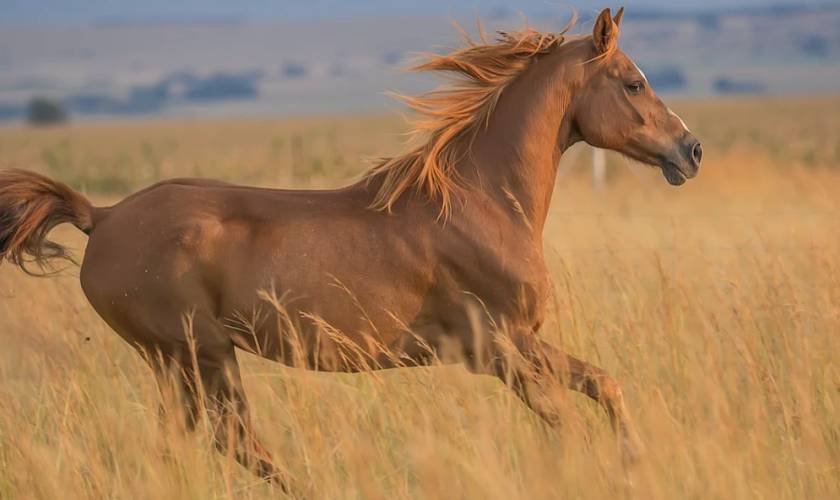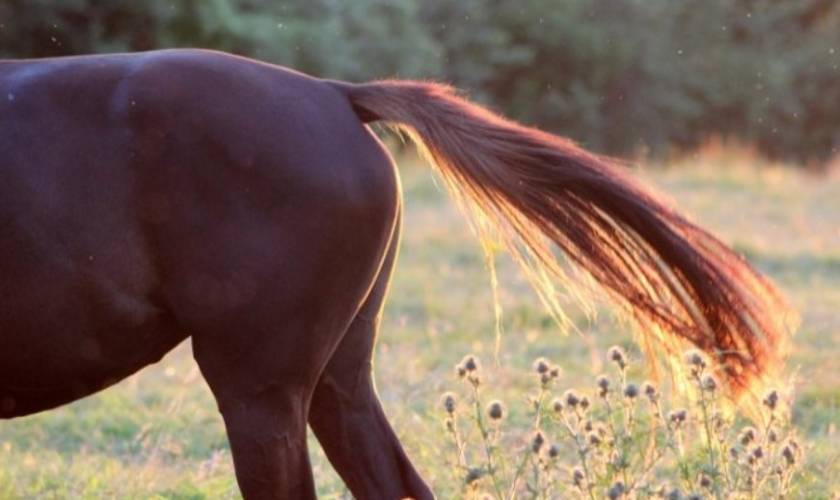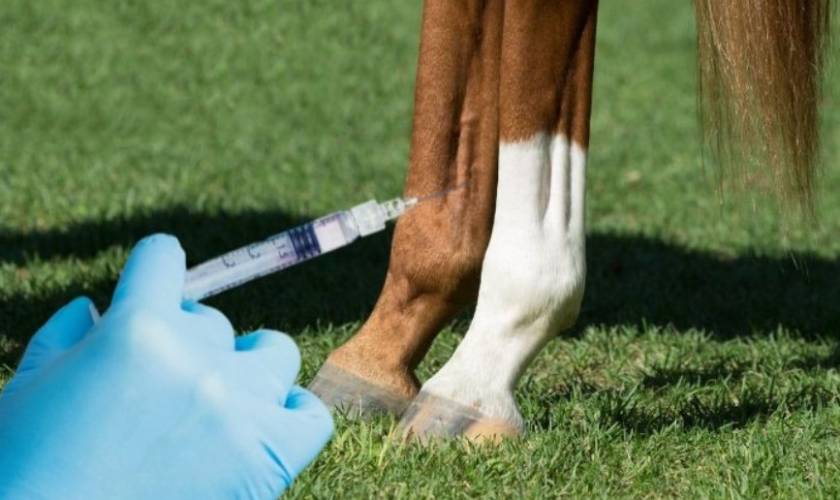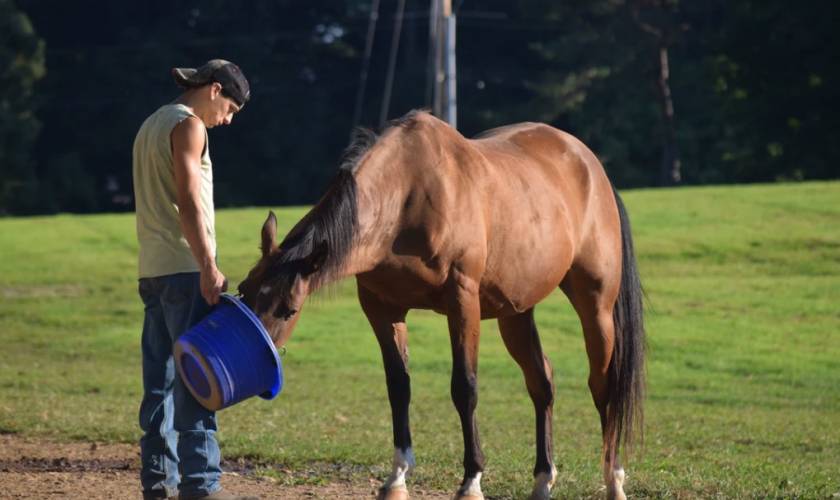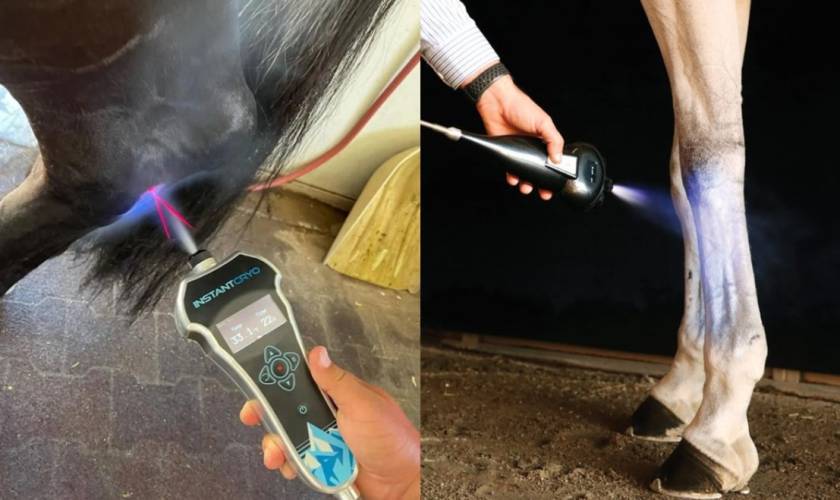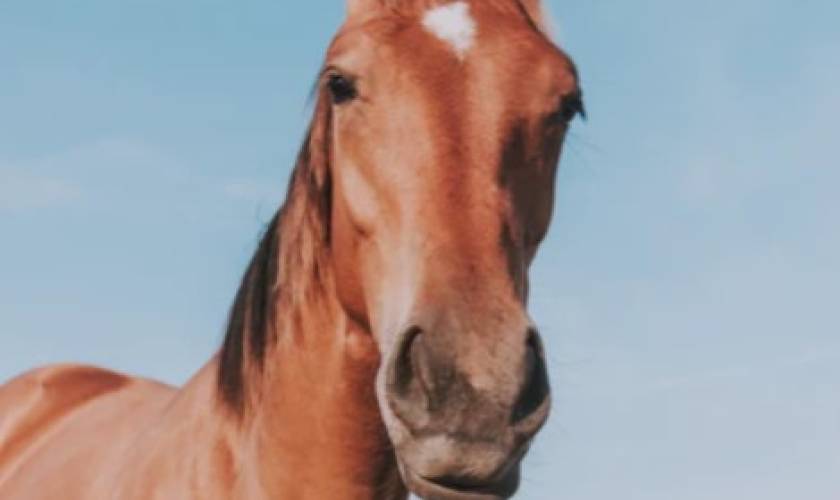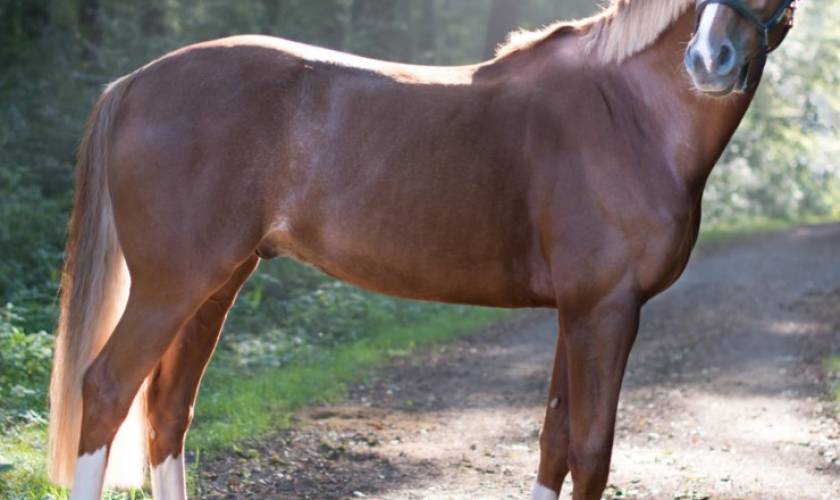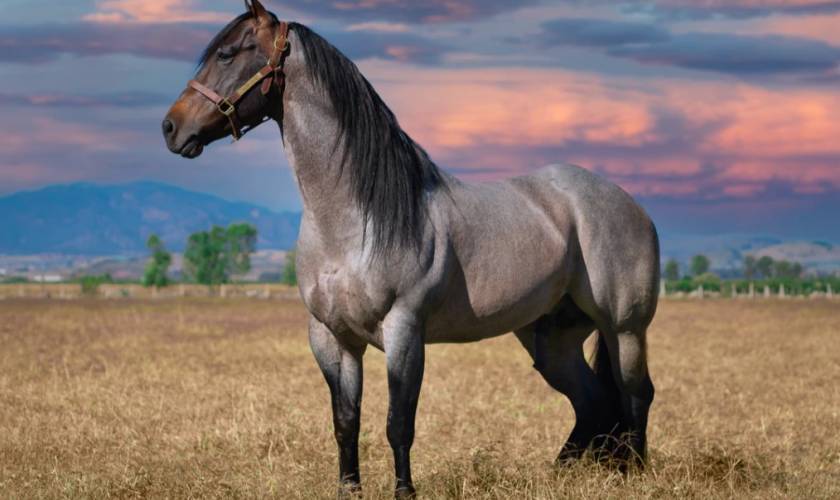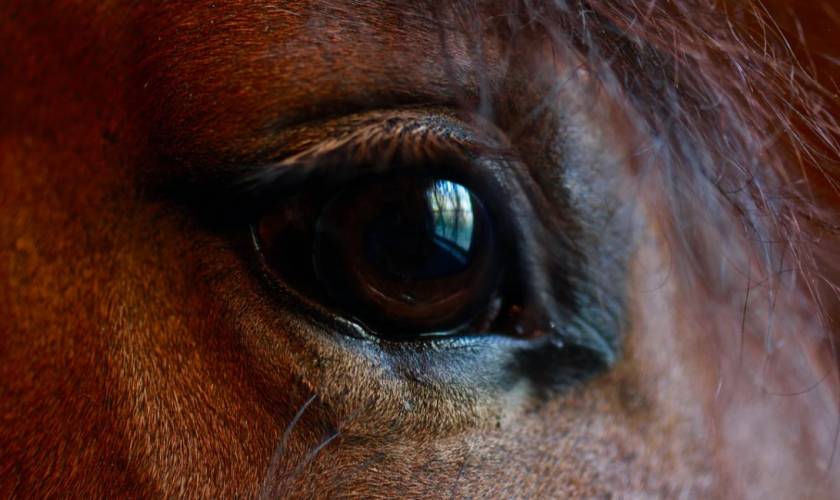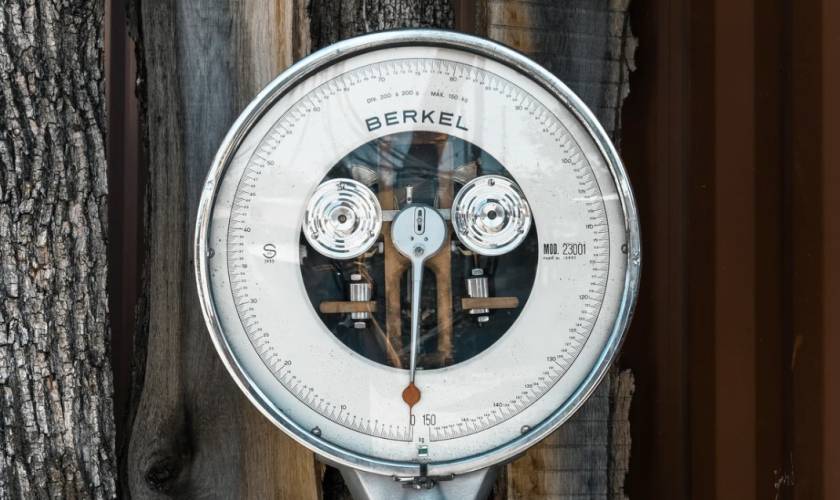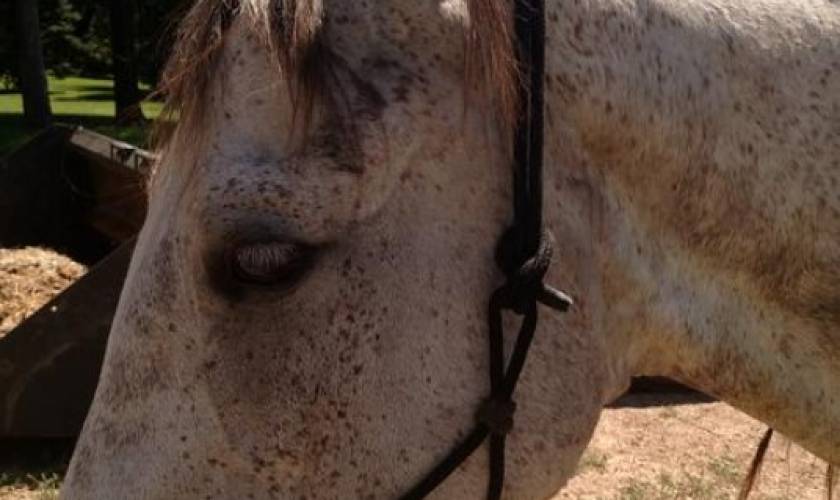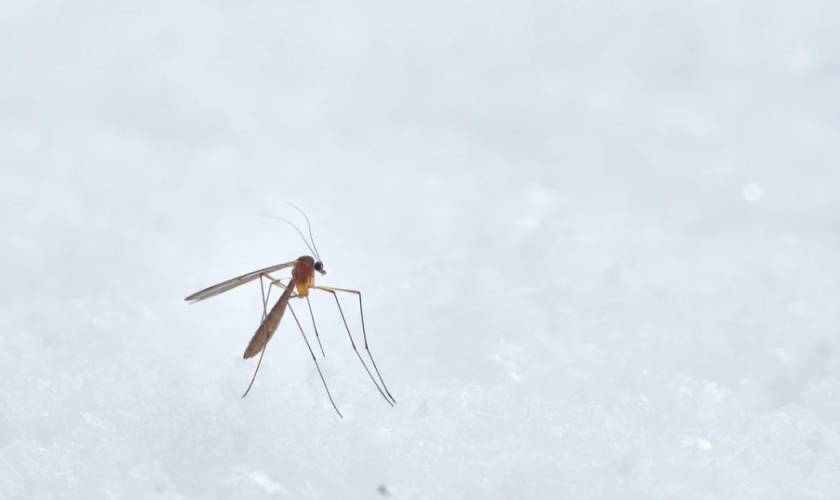Question: My 15-year-old Thoroughbred has recently started to drop and roll every time I work with him. The veterinarian told me he is very healthy and that I just need to longe him for now. There is no lameness. I can’t find a trainer willing to help, either. Is there anything I can do? Answer: This is
Continue Reading...What Surrounds The Cauda Equina?
Cauda equina syndrome is something that many horse owners are not familiar with. So, what surrounds the cauda equina? Though this is a rare disease, it can be very serious in horses. Many people are not familiar with cauda equina syndrome as it is rarely recognized in horses. It can be the result of myriad
Continue Reading...How Much Are Joint Injections For Horses?
Joint injections are commonly used to relieve pain and improve movement in horses. So, just how much are joint injections for horses? If you are considering getting joint injections for your horse, you will want to get a good idea about how much they cost. Joint injections are a common practice among sport, show, and performance horses.
Continue Reading...Feeding for weight gain
Overlooking subtle change is easier than it should be. When you care for your horse every day, you may not notice slight variations in his body condition. Then one morning it strikes you: Watching him turn toward you in the paddock, you can see a faint outline of every rib along his sides, and his
Continue Reading...Cryo Guns for Treating Horses
Most equestrians are familiar with the benefits of using cold to treat inflammation or injury, whether it’s strapping ice packs onto your horse’s legs or the classic cold hose. But there’s something new on the market which offers to take the use of cold to a whole new level: handheld cryotherapy devices for equines. What
Continue Reading...How To Diagnose Heaves In Horses
If your horse has a respiratory problem, you might be wondering how to diagnose heaves in horses. This chronic breathing problem of horses is a difficult condition to manage. Let’s find out everything you need to know about how to diagnose heaves in horses! What Is Heaves In Horses? Heaves is a common respiratory condition of
Continue Reading...Potomac Horse Fever Map – Where Is This Disease Found?
If you’re concerned about your horse being infected with Potomac horse fever, then utilizing a Potomac horse fever map can help you to identify areas that are at a high risk of this serious health condition. Let’s find out everything you need to know about the Potomac horse fever map! What Is Potomac Horse Fever? Potomac
Continue Reading...Horse Training: What Does Green Broke Mean?
If you are looking at taking on a new horse, you might see some advertised as green or green broke. Let’s take a look at what green broke means and find out if a green broke horse is the right one for you! What Is The Definition Of Green Broke? It will come as no
Continue Reading...Eye problems in older horses
As your horse gets older, his graceful figure may give way to a swayback and potbelly, and his joints may get stiff and creaky, but, unlike elderly people and old dogs, he’s not all that likely to lose his eyesight. Horses do undergo age-associated vision changes but rarely to the point of blindness. “We don’t
Continue Reading...Weighing Your Horse Without a Scale
You’ll never hear your horse fretting, “Does this saddle pad make me look fat?” But it serves him well if you keep on eye on his figure for him. Fluctuations in weight are generally related to feed intake, but sudden or extreme changes in condition can signal serious disease. Certainly, you can “eyeball” your horse’s
Continue Reading...Florida horse positive for strangles
The Florida Department Agriculture and Consumer Services confirmed a 3-year-old Quarter Horse gelding at an equine clinic in Manatee County, Florida, positive for strangles on July 13. He presented with fever, nasal discharge and urticaria (hives) on July 10 and is currently under quarantine at the clinic. This is the 37th strangles case in Florida in
Continue Reading...West Nile virus in California
On July 13, the California Department of Food and Agriculture confirmed a 6-year-old unvaccinated Arabian cross gelding in Kern County, California, positive for West Nile virus (WNV). He presented with acute recumbency (down and unable to get up), grade 3 out of 5 ataxia (incoordination), hyperesthesia (hypersensitivity to touch and sound), knuckling, and severe abrasions
Continue Reading...
